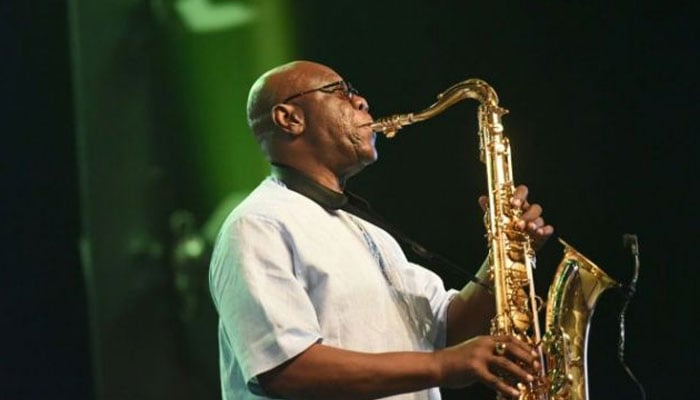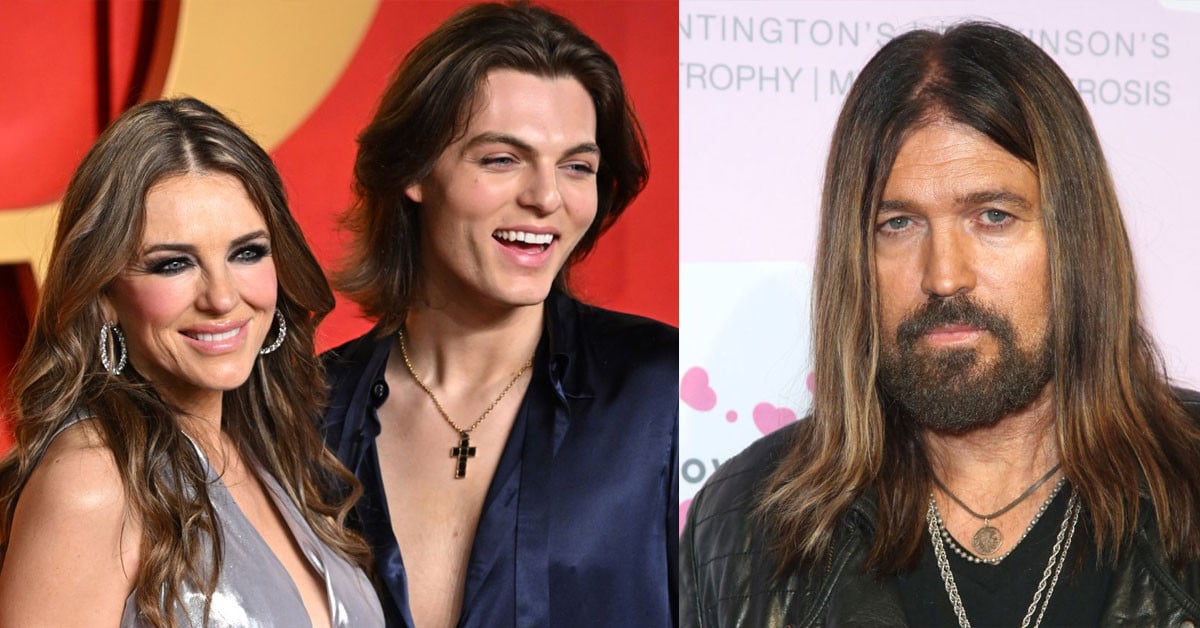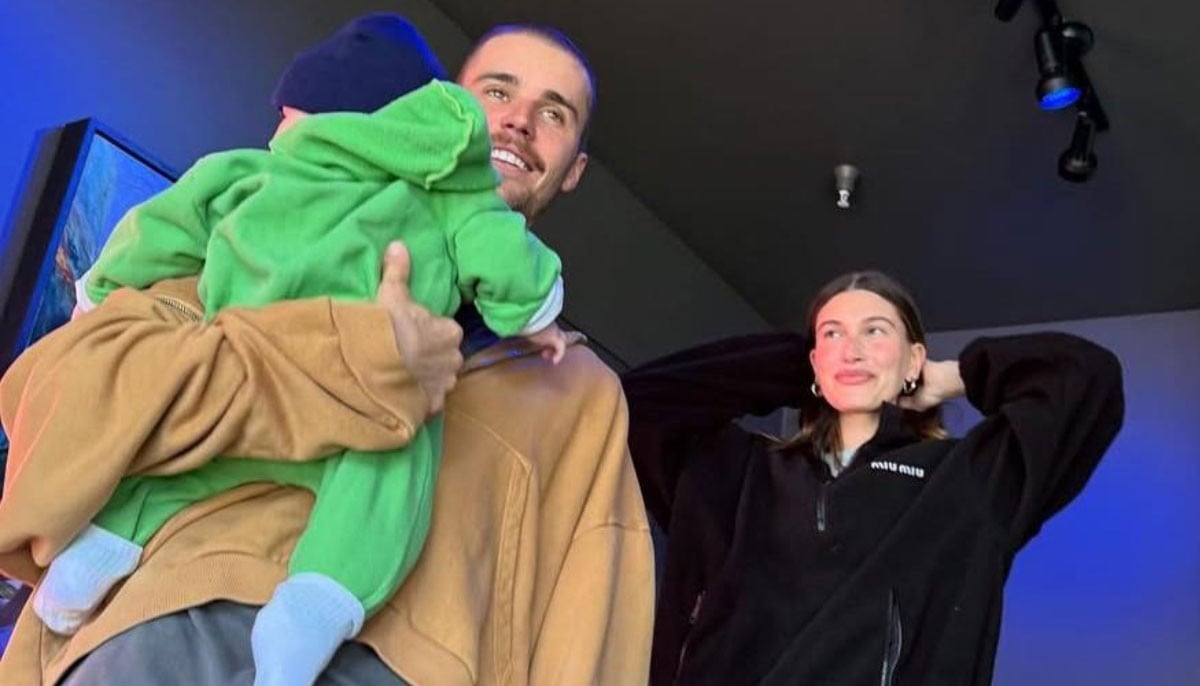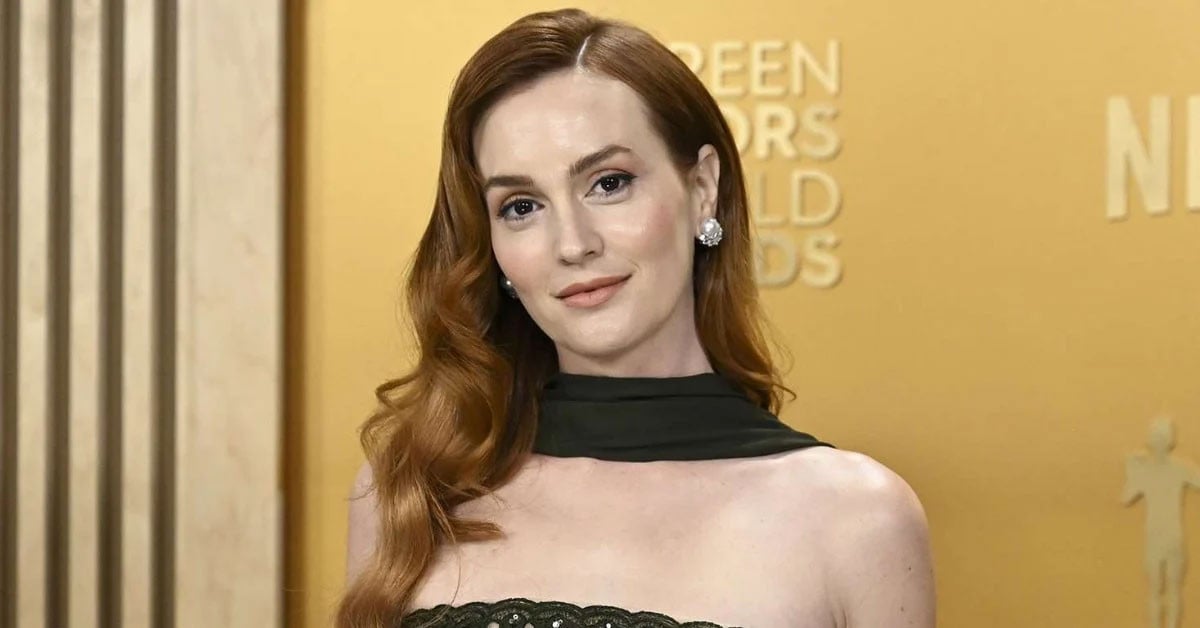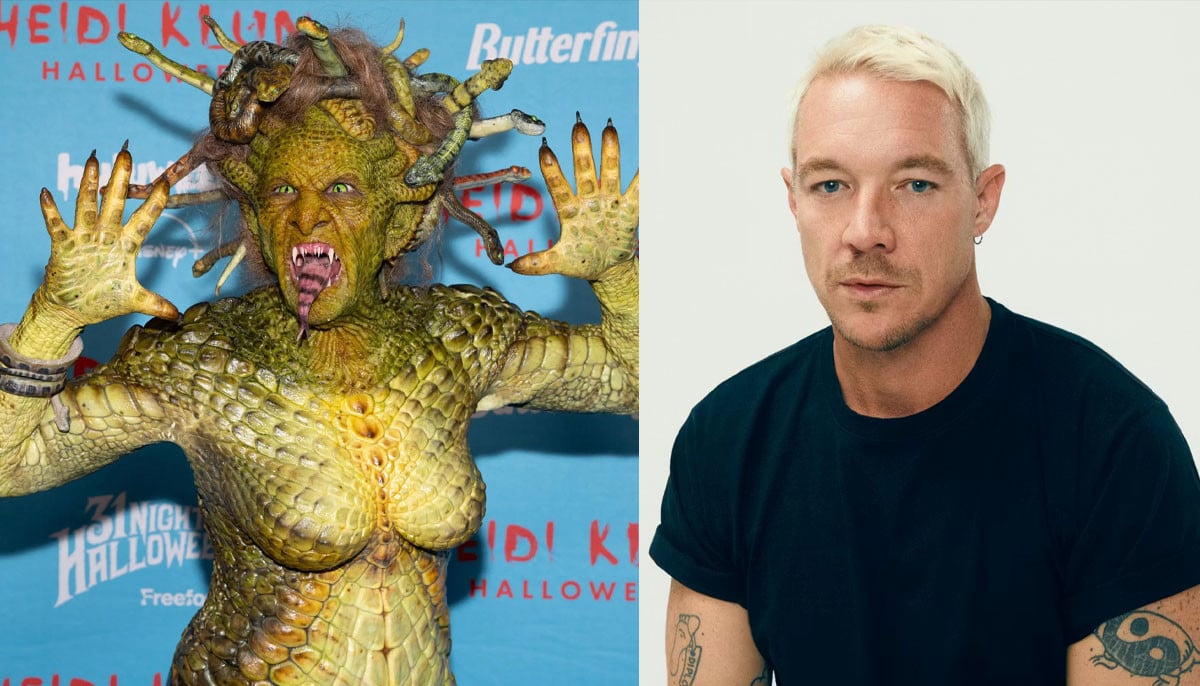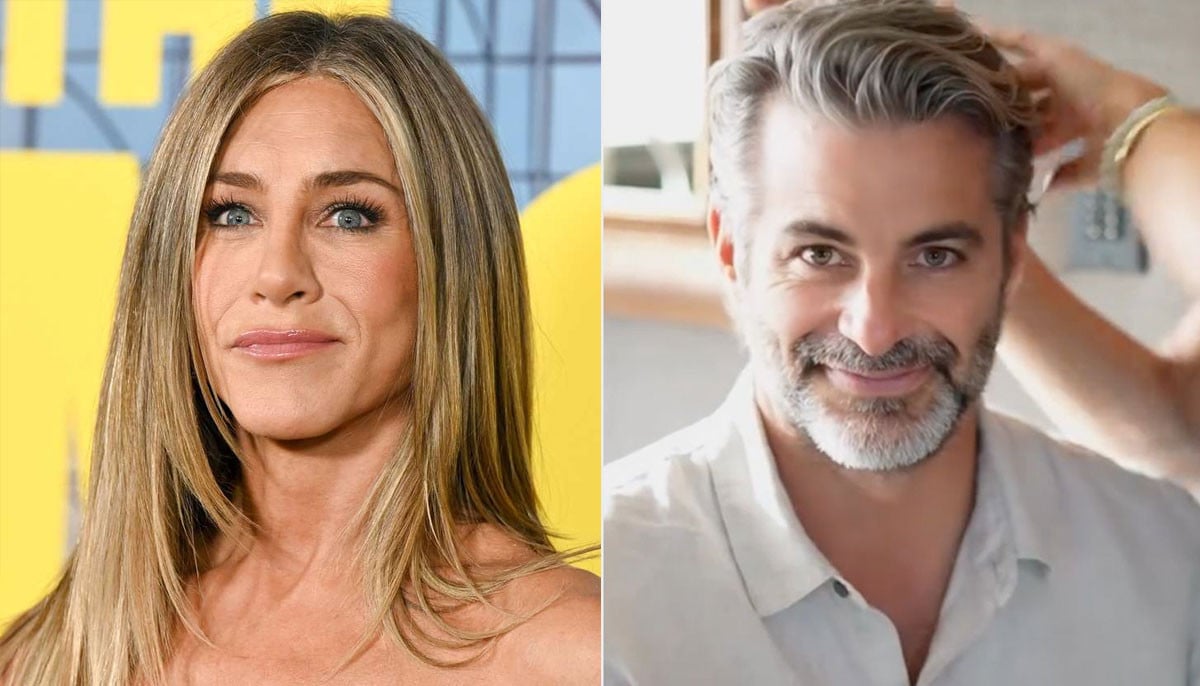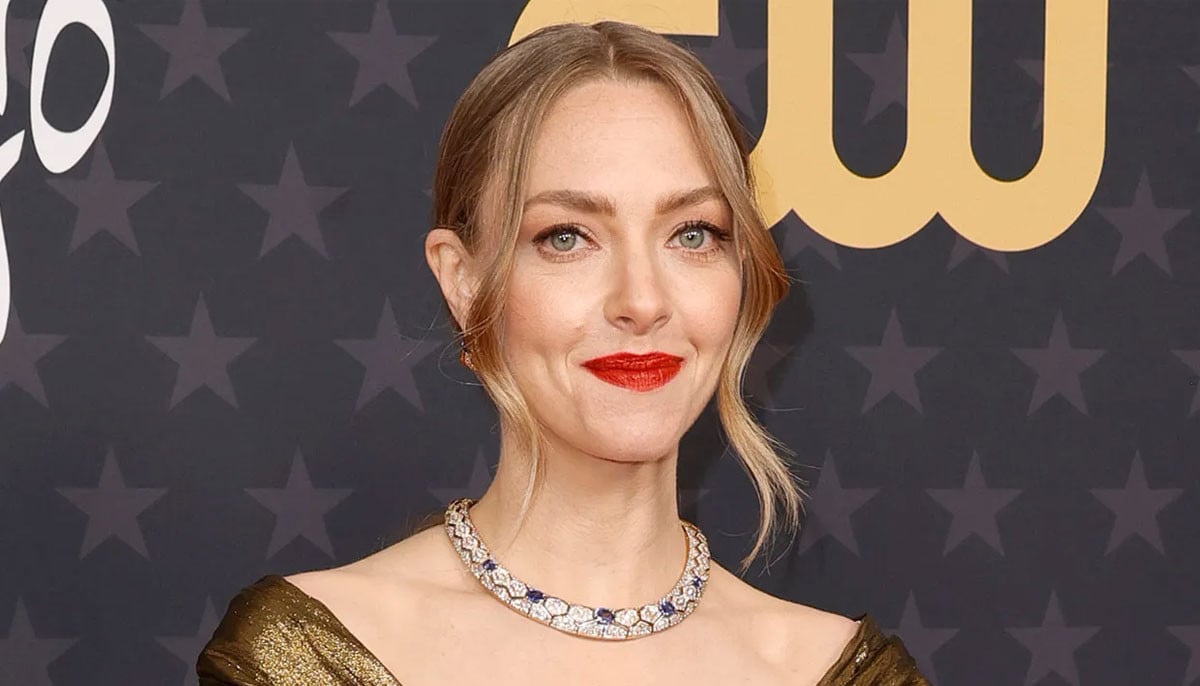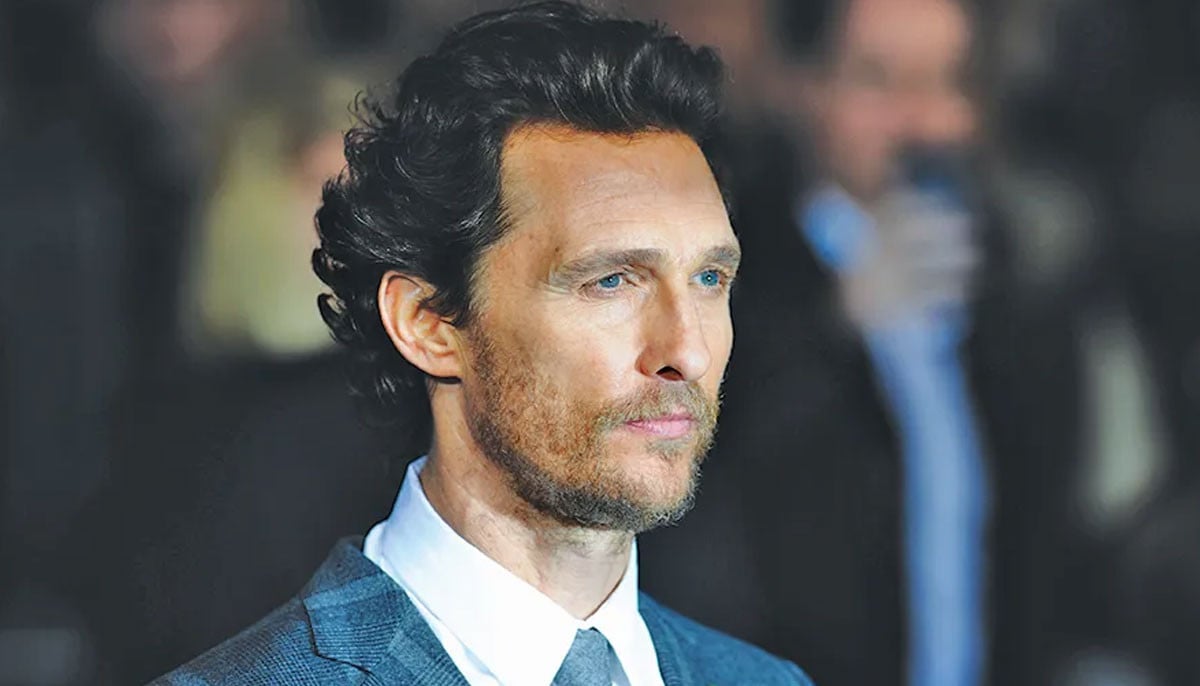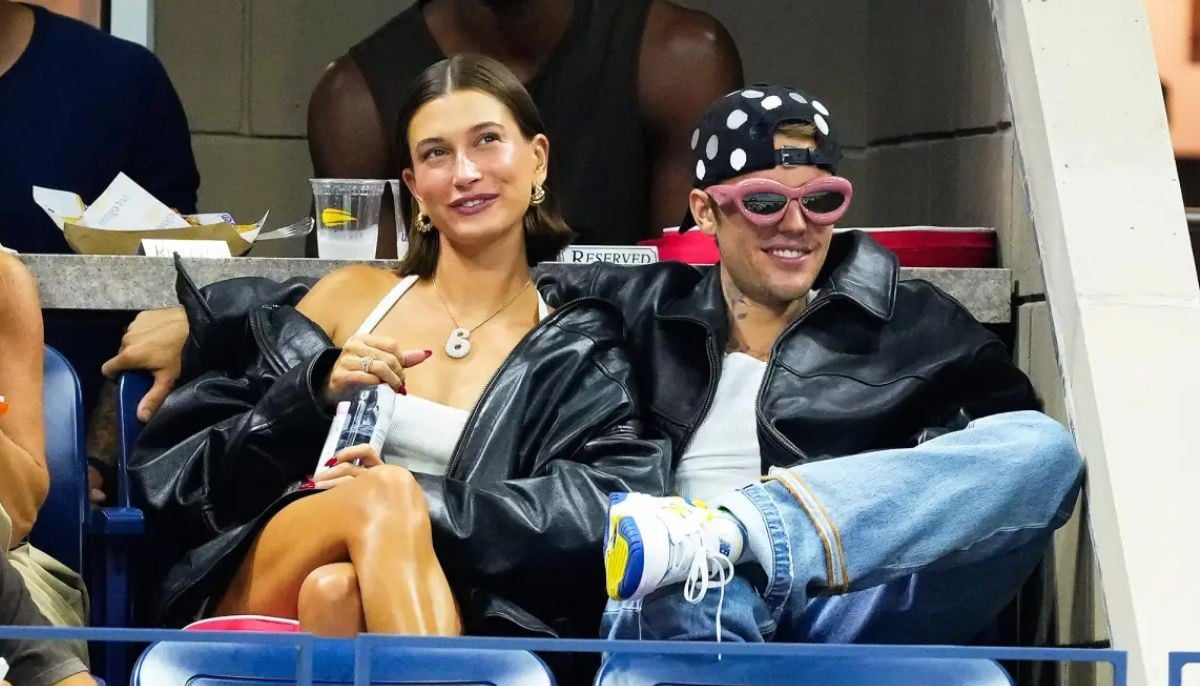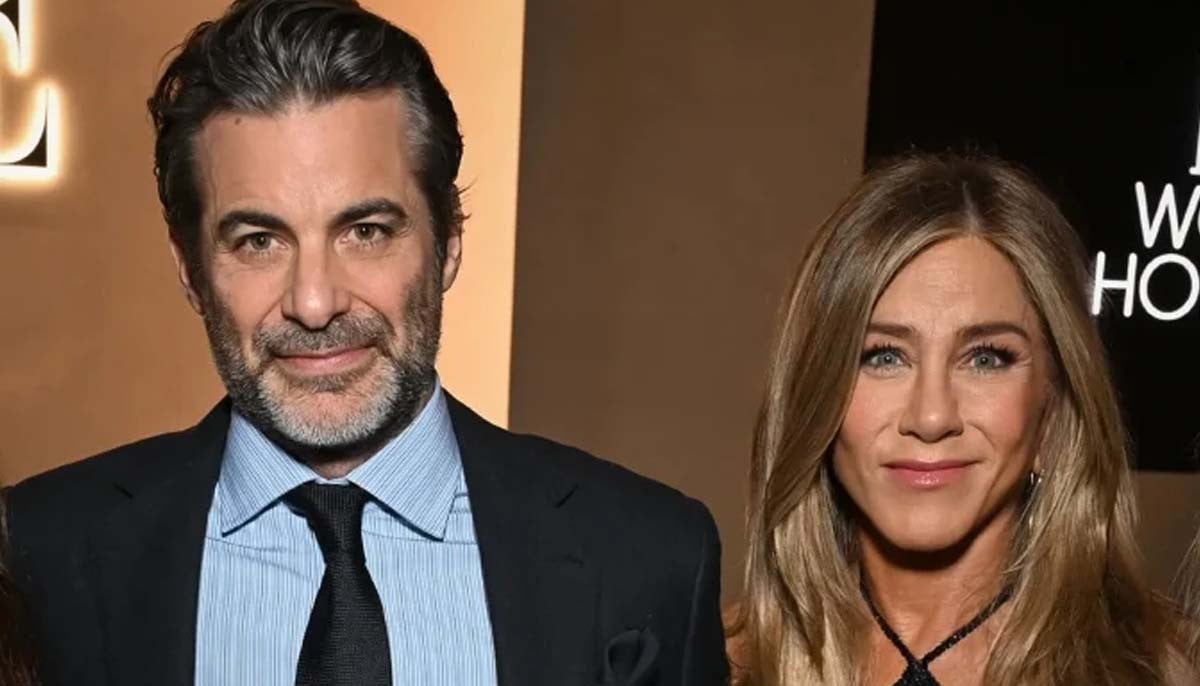Celebrated saxophonist builds musical bridges between Africa and the West
Afro-European star saxophonist Manu Dibango, who was born is Cameroon but moved to France as a teenager, has played with such greats as Herbie Hancock and Fela Kuti, and is credited with inspiring an array of musicians including Michael Jackson.
MARCIAC: In a career spanning six decades, Afro-European star saxophonist Manu Dibango has played a fusion of everything from jazz, funk and traditional rhythms from his native Cameroon, creating music that he says "builds bridges".
The 85-year-old, who was born is Cameroon but moved to France as a teenager, has played with such greats as Herbie Hancock and Fela Kuti, and is credited with inspiring an array of musicians including Michael Jackson.
"We are the builders of bridges between the West and Africa," he told AFP in an interview at the Jazz in Marciac festival in southern France, where the towering saxophonist with the shaved head and spangly shirts is a regular.
Dibango shot to global prominence in 1972 with the afrobeat hit "Soul Makossa", a highly catchy track that was spotted by DJs in New York on the B side of a single containing a song for the Cameroonian national football team.
He claims Michael Jackson pilfered a line from that track for his 1983 hit "Wanna Be Startin’ Something" on the Thriller album, but settled the matter out of court.
The king of Afro-jazz bears no grudge against the king of pop, whom he credits with giving the track a second life and making it into a standard that has since been reprised by other stars, including Rihanna and, more recently, Beyonce.
Producing a follow-up to such a hit would have daunted a lesser musician, but Dibango proved himself the master of reinvention and musical fusion.
"In the morning I tell myself, ‘Look, I’m still alive. What can I be doing?’. My problem is: ‘What’s my agenda’ and not ‘Ah, yesterday was great’," the performer said.
Despite having lived longer in Europe than in Africa Dibango refuses to be put in a box and warns against doing the same with music.
"I’m just a guy who is a musician and not a European nor an African musician," he says, warning against a "blinkered" approach to music whereby "if you’re an African musician you play the djembe, balafon or kora and if you play the sax, oops, it’s more black American and you’re no longer really African for some people".
It’s worse again for players of the piano and guitar, instruments also seen by some as "un-African", even though, Dibango says, "there are pianos in every hotel in Africa and in every orchestra there are guitars!"
"These are fantasies that people project onto you. And maybe part of our life is to chase them away," he said.
But it’s "very hard, even for me", he admitted.
Living life in stereo
Born in Douala in what was then the French-administered part of Cameroon, Dibango was influenced by a wide variety of genres from a young age. His uncle played the harmonium and his mother ran a choir.
"I have the harmony of Bach and Handel in my ear, with Cameroonian lyrics," he said, adding with his trademark optimism: "It’s a gift to be able to have at least two possibilities. In life I prefer to be stereo than mono".
At the age of 15 his parents sent him to study in France but he soon got turned onto jazz and soul and began playing the saxophone and keyboards in clubs.
The musician takes his success with a pinch of salt.
"You have to treat failure and success alike. You always have to stay afloat."
He still gets excited about new musical collaborations, like for instance playing with a philharmonic orchestra this summer.
"It’s another form of dialogue. The language is not the same when you are 70 (musicians). The result and the goosebumps you get are on another level. It’s as if you’re travelling in first class," he enthused.
-
Heidi Klum eyes spooky season anthem with Diplo after being dubbed 'Queen of Halloween'
-
Jennifer Aniston’s boyfriend Jim Curtis hints at tensions at home, reveals rules to survive fights
-
Hailey Bieber shares how she protects her mental health while facing endless criticism
-
Amanda Seyfried shares hilarious reaction to discovering second job on 'Housemaid': 'Didn’t sign up for that'
-
Hilary Duff reveals deep fear about Matthew Koma marriage
-
Matthew McConaughey gets candid about AI threat to actors: 'Be prepared'
-
Hailey Bieber shares how 16-month-old son Jack Blues is already following in Justin Bieber's footsteps
-
Inside Jennifer Aniston's intense fitness routine ahead of rumoured wedding to Jim Curtis
